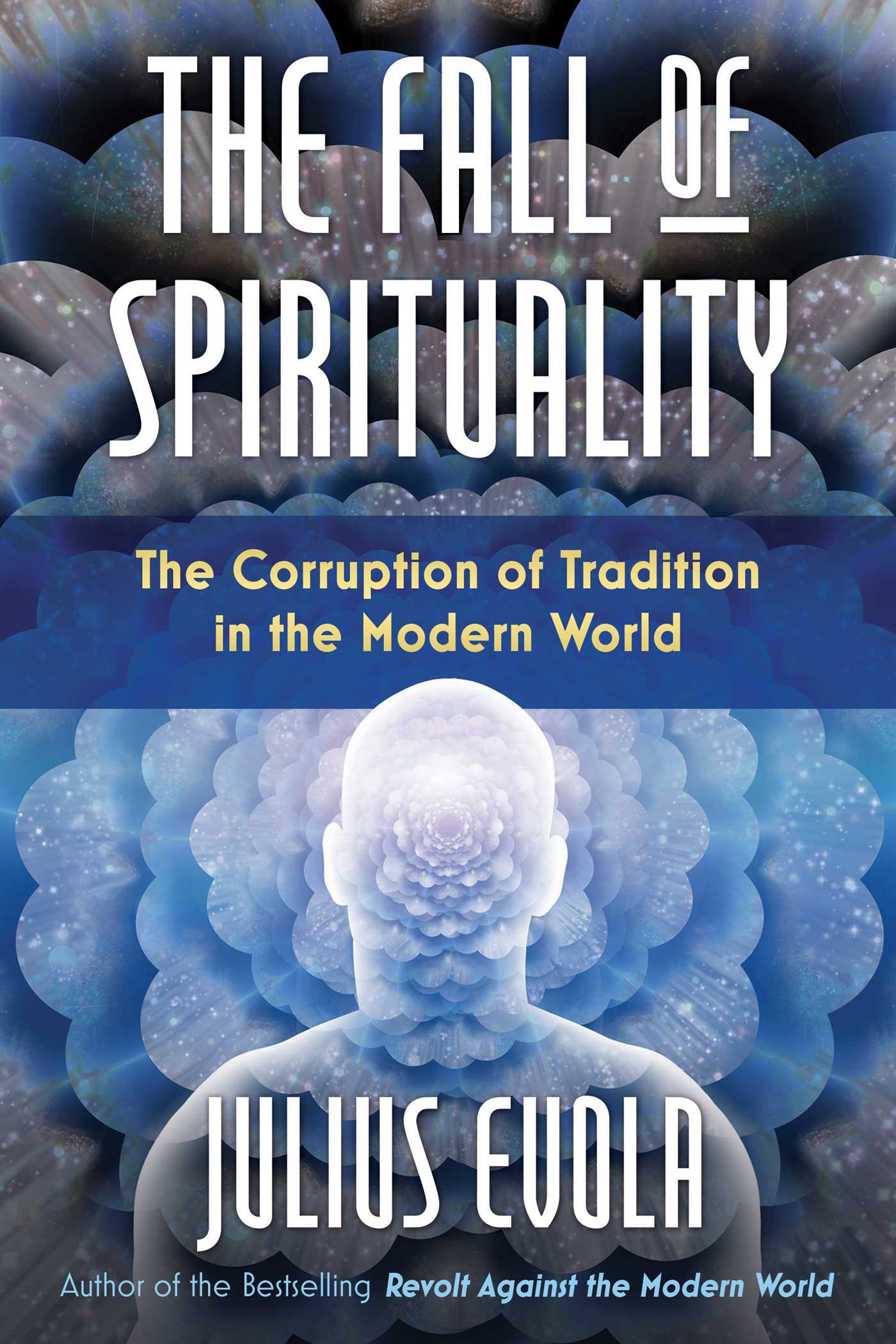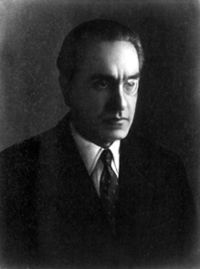
A bold critique of the spiritual schools, philosophies, and mystical teachers of the 20th century • Examines newer spiritual “systems” of the modern era, from spiritism and theosophy, to parapsychic research and anthroposophism, to psychoanalysis and the Church of Satan • Compares these newer spiritual “systems” to the traditional spiritual path of the ancients and exposes the misunderstandings, misinterpretations, and occult dangers lurking in their practices • Also examines important modern figures such as Nietzsche, Aleister Crowley, Rudolf Steiner, Dostoevsky, Freud, Jung, Gurdjieff, Krishnamurti, and Anton LaVey Written two years before his most prominent book Revolt Against the Modern World, Julius Evola’s The Fall of Spirituality was originally published in Italian as Maschera e volto dello spiritualismo contemporaneo (The Mask and Face of Contemporary Spiritualism). In it, the Baron critiques the spiritual schools, cults, philosophies, and mystical teachers of the 20th century—from spiritism and theosophy, to parapsychic research and anthroposophism, to psychoanalysis and the Church of Satan—comparing these newer spiritual “systems” to the traditional spiritual path of the ancients and exposing the misunderstandings, misinterpretations, and occult dangers lurking in their practices. Examining important modern figures such as Nietzsche, Aleister Crowley, Rudolf Steiner, Dostoevsky, Freud, Jung, Gurdjieff, Krishnamurti, and Anton LaVey, the author contends that their aspirations to power are limited to a focus on concerns of the mundane world. They are thereby blind to the existence of a supernatural reality that offers individuals transmutation from the fallen human personality into a semigod-like status—a status attainable only by those who can master the rigors demanded of initiates on the traditionalist path. Offering an essential guidebook for serious spiritual seekers looking for a more profound metaphysical discipline than those of the spiritual schools of the modern era, Evola also provides contrasting insights from the age-old path of initiation and high magic.
Author

Julius Evola (19 May 1898 – 11 June 1974), born Giulio Cesare Andrea Evola, was an Italian philosopher and esoteric scholar. Born in Rome to a family of the Sicilian landed gentry, Evola was raised a strict Catholic. Despite this, his life was characterised by 'an anti-bourgeois approach' hostile to both 'the dominant tradition of the West—Christianity and Catholicism—and to contemporary civilization—the 'modern world' of democracy and materialism'. By turns 'engineering student, artillery officer, Dadaist poet and painter, journalist, alpinist, scholar, linguist, Orientalist, and political commentator', he has been described as a 'rare example of universality in an age of specialization'. Yet behind it all lay a singular emphasis on, and pursuit of, a 'direct relationship to the Absolute'. For Evola, 'the center of all things was not man, but rather the Transcendent.' This metaphysical conviction can be seen to have determined both Evola's stance on socio-political issues, and his antipathetic attitude towards 'all professional, sentimental and family routines'. The author of many books on esoteric, political and religious topics (including The Hermetic Tradition, The Doctrine of Awakening and Eros and the Mysteries of Love), his best-known work remains Revolt Against the Modern World, a trenchant critique of modern civilisation that has been described as 'the gateway to his thought'. Since his death, also in Rome, his writings have influenced right-wing, reactionary and conservative political thought not only in his native Italy, but throughout continental Europe and, increasingly, the English-speaking world. Nevertheless, he should not be considered primarily as a political thinker, but rather as an exponent of the wider Traditionalist School that encompasses the work of such individuals as René Guénon, Titus Burckhardt and Frithjof Schuon.